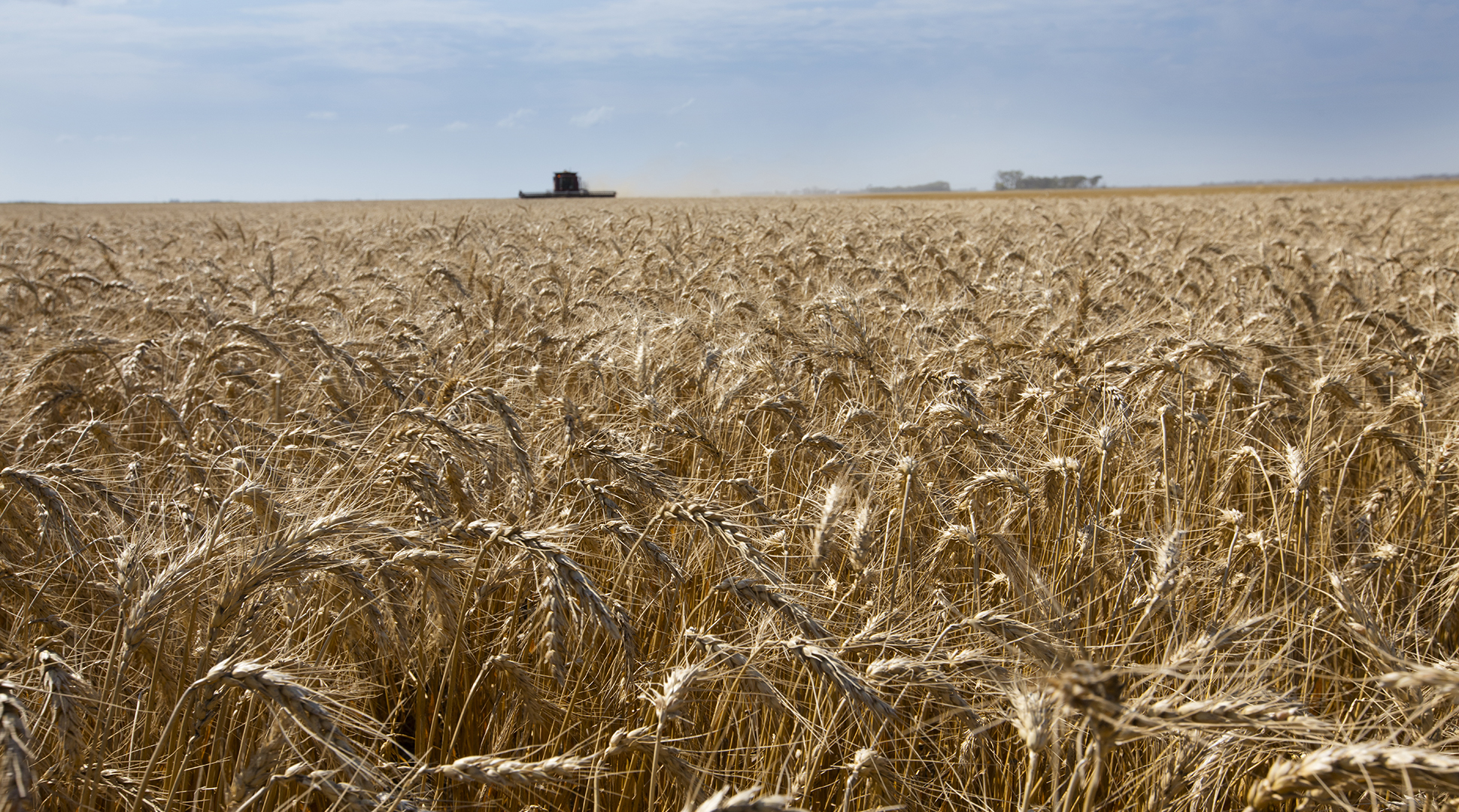By Elizabeth Meyer, dietician
Would you be willing to avoid certain foods if you knew you could feel better or it was better for you?
What if that food was broccoli? How many of us would be excited to “have” to give that up?
What if it was bread or pasta? Would your answer change? Do you feel bad enough to give up a lot of your favorite foods? Or foods you and your family may eat on a daily basis?
People who have been diagnosed with celiac disease have no choice but to give up all foods containing gluten (a protein found in wheat, barley, rye and oats). How many of us have oatmeal for breakfast, or a quick sandwich for lunch? Maybe it was Mac & Cheese for supper tonight. What if these foods were no longer an option, or the alternative one was more expensive and definitely doesn’t taste as good as the version you grew up on?
Celiac disease is an autoimmune disease (not a food allergy) affecting 1 in 100 people worldwide. Basically, your body has an immune response to gluten that attacks the small intestine. If left untreated, the disease can put you at risk for infertility, vitamin/mineral deficiencies, anemia, GI cancers and a list of other things most of us don’t want to encounter. Having one autoimmune disease also puts you at risk for others. The smallest amount of gluten - smaller than a crumb of bread - can cause symptoms in someone with celiac disease. Some people, however, have no symptoms at all and damage still happens.
The nice part (to look at a difficult condition positively) is that the treatment for celiac disease is diet. No meds, no shots, no expensive treatments you have to sell your kidney to afford. Just a diet change. 100% of the time.
Going out to eat brings the concern of cross contamination which is a very challenging part of celiac disease. Using the toaster that your family has been using isn’t OK anymore. An entirely separate (and NEW) toaster is needed. It adds extra stress to meal planning and prep. Who has time for that? Just getting dinner on the table at a reasonable time seems like a daunting task my days in my house (and that’s without any foods needing to be avoided).
I’m always confused when people choose to go gluten free, without the diagnosis of celiac disease. It’s not that it’s not possible but it sounds like a pain, and a little lonely eliminating these wonderful, gluten containing foods!! Why bother if your life doesn’t depend on it?
Some say they feel so much better when they eliminate gluten. In most cases, it’s probably because they’re just eating healthier in general, less fast food/going out to eat, maybe pasta is replaced with “Zoodles” (AKA veggies) which is always a win!
Gluten sensitivities have recently become more common and is officially recognized, but we still don’t understand why.
For the majority of us, gluten is completely harmless! If you feel better avoiding gluten, then go with it, but just remember it eliminates foods that have nutrients our bodies need. It might take a little work to get those nutrients in other ways. In the end, a balanced diet (and all things in moderation) really is key!
Related information: Modern wheat and celiac disease podcast with Dr. Senay Simsek of North Dakota State Univeristy
If you missed Elizabeth's post about detoxing, check it out.
